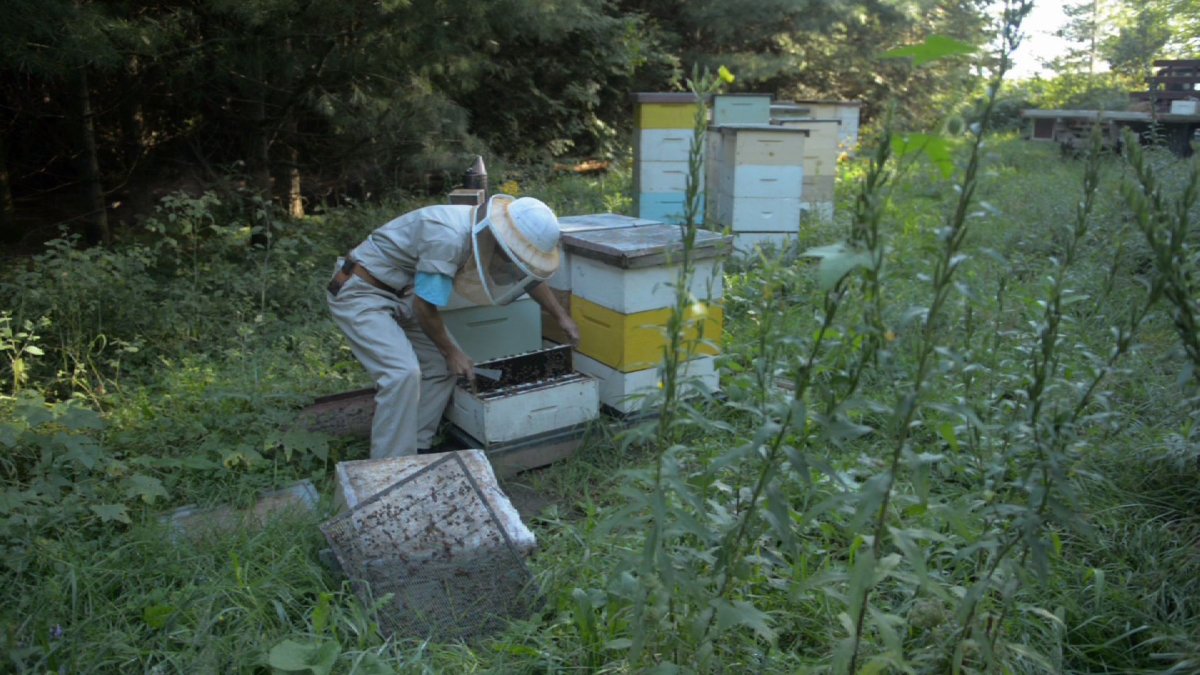Two pesticides linked to bee deaths could also harm the brains of fetuses and small children scientists at the European Food Safety Authority ruled recently. European officials want permitted levels of two pesticides, imidacloprid and acetamiprid, severely reduced until more scientific research is done. This announcement comes only weeks after a 16×9 investigation into the use of this class of pesticides.

After evaluating new science from Japan, EU regulators say the pesticides “may affect the developing human nervous system” of fetuses and young children. They added that these two chemicals could harm “development of neurons and brain structures associated with functions such as learning and memory.”

Get breaking National news
A Health Canada spokesperson told the Toronto Star this week that Canada’s maximum allowable levels of these pesticides in food are already lower than those proposed by the European food authority.
Bayer disputed the European assessment telling Global News that “Imidacloprid has no developmental neurotoxicity potential in humans,”. Bayer also called into question the new research saying that they had previously submitted animal studies that were more realistic and comprehensive than the latest Japanese science.
READ MORE: Bayer-funded study claiming pesticides safe for bees questioned by regulators
In Canada, environmental and beekeeping groups have sharply criticized the use of these types of pesticides and have called for a ban. They say they have played a key role in bee die offs.
Imidaclopridmade by German firm Bayer is one of the most popular insecticides used in North America for both agricultural and consumer products. It was placed under a two year ban by the EU last April for its suspected role in massive bee die offs across much of Europe. Clothianidin, another similar Bayer pesticide is currently used on over 200 million acres of cropland despite insufficient evidence submitted to regulators showing it is safe for bees.


Comments